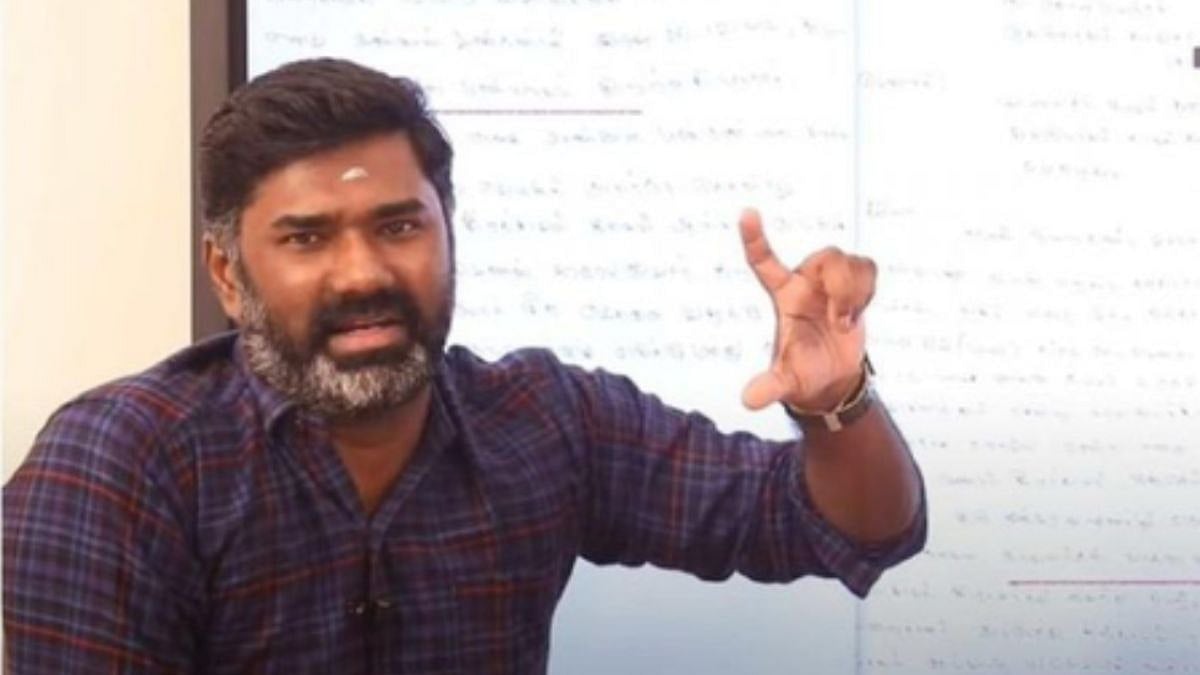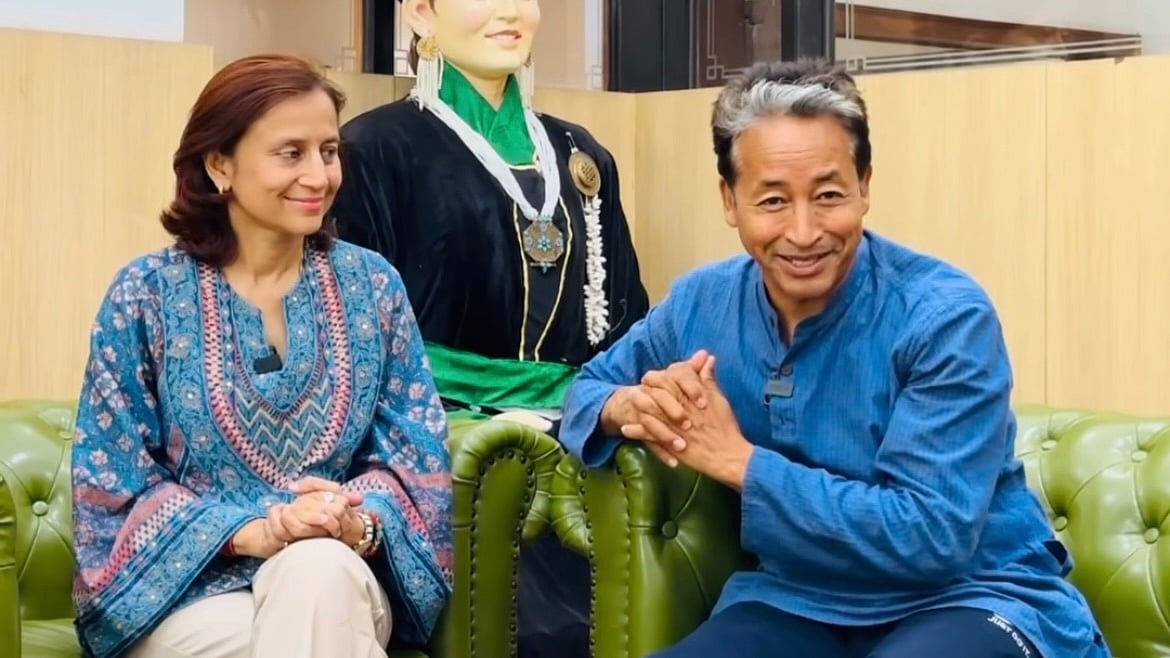Donald Trump survived an assassin’s attempt to eliminate him on September 15, 2024 as he was destined to be the 47th President of America which is a done deal now.
Trump’s return to the White House in 2024 sparks a torrent of questions about the future of NATO, the American economy, relationships with allies, and the trajectory of the Ukraine war. Trump’s previous tenure exhibited a strong tilt toward "America First" policies, frequently challenging long-standing global alliances and multilateral commitments.
A Trump-led presidency, therefore, could dramatically shift the geopolitical landscape, leaving allies like NATO in uncertainty, reorienting America’s economic policies, testing India’s balancing act, and redefining China relations.
Interestingly, Vladimir Putin must be smiling and rejoicing the Trump’s possible victory as he can dream of full annexation of Ukraine as new incumbent in White House may reverse Biden’s policy of defence aid to Volodymyr Zelensesy especially when he dwelt upon during campaign trail about his fantasy of stopping war in one day if he became president.
Against this backdrop, Chinese scholars and analysts had made a strange prediction in government controlled media that Trump win will prove blessings in disguise for Beijing as he is likely to alienate America from majority of the world nations which is evident from his previous track record of presidency from 2016 to 2020.
2ndly, Trump takes whimsical decisions which will open up the space for China to broaden its influence amongst those nations which move away from United States.
Keeping in view Prime Minister Narendra Modi’s personal connect with Trump (Indian PM had declared during Howdy Modi event in Houston comprising of 50,000 strong Indian American crowd in September 2019 that Abki Baar Trmup Sarkar), India can expect improvement in the strategic and defence ties though America gives priority to UK, Israel, Five Eyes, Japan and Arab world. Interestingly, when the Galwan skirmish occurred, Trump refrained from condemning China and instead proposed to mediate between the two nations. Furthermore, despite India’s request for advanced weapon technologies, the Trump administration did not approve the electromagnetic catapult system for India's new aircraft carriers. The Biden administration had taken a logical stand when India gave top priority to its national interest and imported crude oil from Russia despite sanctions. India has imported oil worth $2,8 billion by July ,2024 which makes it the highest importer of oil after China and proved economically a big saver to the depleting economy of Russia besides ensuring a huge advantage to India. Due to Trump’s soft corner of Putin and relations with the Modi government, it is possible that he may look the other way and avoid disturbing the existing system.
China and India: Competing for US Favour
Under Trump, the US-China relationship could revert to one defined by rivalry, as he has consistently advocated a tough stance on China’s trade practices and global ambitions. Trump may reassert his strict tariffs on Chinese goods and impose even tighter restrictions on Chinese companies operating in the US, aiming to curb China’s influence in areas like technology and manufacturing.
For India, Trump’s return poses a mix of opportunities and challenges. His administration was notably warm toward India, fostering stronger economic and defence ties through agreements such as the “2+2” Dialogue. A renewed focus on countering China could make India a key strategic partner, particularly in the Indo-Pacific. Trump might offer India more defence cooperation or technology transfers, potentially strengthening India’s military and economic positioning in Asia.
However, India’s balancing act between the US and Russia—given India’s defence ties with Moscow—could be complicated if Trump takes a firm stance against the Ukraine conflict. India’s careful neutrality on the Russia-Ukraine issue might attract scrutiny, with Trump possibly expecting more alignment with US strategic priorities.
The Global Stakes: A Pivotal Crossroads
The implications of Trump’s return extend far beyond America’s borders. With China’s rise and Russia’s ambitions continuing to shape global security dynamics, Trump’s foreign policy choices will carry weighty consequences. His transactional approach to alliances, “America First” economics, and unpredictable stance on defence alliances could reshape international relationships, with traditional allies rethinking their reliance on US support. His handling of NATO’s commitments, the Ukraine war, and relations with global powers like India and China will determine the future stability of Western influence and the global balance of power.
The Future of NATO: Endurance or Erosion?
NATO, the cornerstone of Western defence since 1949, stands as a central topic of speculation with Trump’s return. During his presidency, Trump questioned the alliance’s relevance, particularly its financial obligations, going as far as to imply a possible US withdrawal if members didn’t contribute “their fair share.” This stance generated unease among NATO allies, who rely on the US for critical defence resources, particularly amid heightened Russian aggression.
As Trump resumes office, his approach to NATO could undergo even bolder recalibration. The European defence structure, largely dependent on the US, might face significant strategic and funding shifts, possibly prompting European powers to take on more defence responsibilities. A reduction in US military and financial support for NATO might embolden adversarial actors, especially Russia. A scaled-back US commitment could mean vulnerabilities for Eastern European countries like Poland and the Baltic states, which depend on NATO’s security umbrella to counter Russian expansionism. The impact on NATO, therefore, hinges heavily on Trump’s strategic decisions regarding alliance burden-sharing and his capacity to persuade European allies to increase their defence expenditures.
Economic Fallout: America’s Financial Future
Trump’s economic approach has traditionally leaned toward protectionism, focusing on reshoring jobs, renegotiating trade deals, and limiting dependence on foreign supply chains. This economic philosophy could be reinvigorated if he returns to the Oval Office, with potential implications for trade, inflation, and employment in the US.
One possible outcome is the continuation or even intensification of tariffs on China, aimed at reducing the US trade deficit. However, these tariffs historically contributed to increased costs for American consumers and businesses, raising prices on imported goods and creating inflationary pressures. Another protectionist push could have similar consequences, forcing Americans to pay more for everyday products as companies pass on tariff costs.
Trump’s “America First” approach could also mean tax reforms or incentives for companies to manufacture domestically. This reshoring could create jobs but would also drive up production costs due to higher wages, potentially making US goods less competitive internationally. Furthermore, a rigid stance on trade could strain relations with economically integrated allies, with Trump demanding trade terms perceived as fair to the US, which could disrupt existing agreements and introduce new economic tensions globally.
Allies under Pressure: A Reshaped Global Order?
The Trump administration’s approach to alliances was often unpredictable, blending close relationships with some leaders while alienating others. His “transactional” foreign policy style prioritized immediate gains over long-standing partnerships, which led to fractures with allies. Now Trump’s return could mean intensified pressure on allies to prioritize bilateral deals over multilateral cooperation, transforming relationships with the EU, Japan, South Korea, and other allies.
Trump's policies toward Europe might manifest in demands for favourable trade deals or concessions on defence spending. For Japan and South Korea, his re-emergence could signal heightened pressure to contribute more to their defence arrangements, potentially testing their security alliances with the US. Even Middle Eastern allies, like Saudi Arabia, could face new expectations under a Trump administration more interested in specific, tangible returns on US support rather than abstract commitments.
The Ukraine War: A Fractured Consensus?
Trump’s return to the White House could introduce an alternative perspective on the Ukraine conflict, deviating from the largely unified Western support for Ukraine. Trump has openly criticized high US financial aid to Ukraine, signalling his belief that European countries should shoulder more of the burden. With the conflict consuming billions of dollars in American aid, he may choose to reduce US involvement, putting pressure on European allies to increase their support and potentially compelling Ukraine to consider negotiations.
A Trump-led administration might seek to avoid direct confrontation with Russia, which could weaken Ukraine’s position on the battlefield. Trump’s emphasis on diplomacy over confrontation with Moscow could affect NATO’s cohesion, with some members potentially favouring a stronger stance against Russia while the US takes a more hands-off approach. This scenario could embolden Russia, who might see a shift in US leadership as a chance to pursue more aggressive tactics in Ukraine or even attempt influence over other former Soviet territories.
The fate of the Ukraine war, therefore, would depend largely on Trump’s approach—whether he chooses to maintain US support for Kyiv or pivot toward encouraging negotiations, potentially shifting the course of the conflict and signalling a new era of US-Russia dynamics.
In many ways, Trump’s presidency would signify a recalibration of American foreign policy, returning to his brand of nationalism mixed with pragmatism. However, this approach could generate friction with allies, alter the global economy, and challenge existing diplomatic norms. Whether this path will foster a stronger, more self-reliant US or an isolated and fragmented world order remains to be seen. As Trump is poised to start second term, his return promises to redefine the boundaries of American leadership and influence in an increasingly multipolar world.
(Writer is strategic affairs analyst and political analyst based in Shimla)










